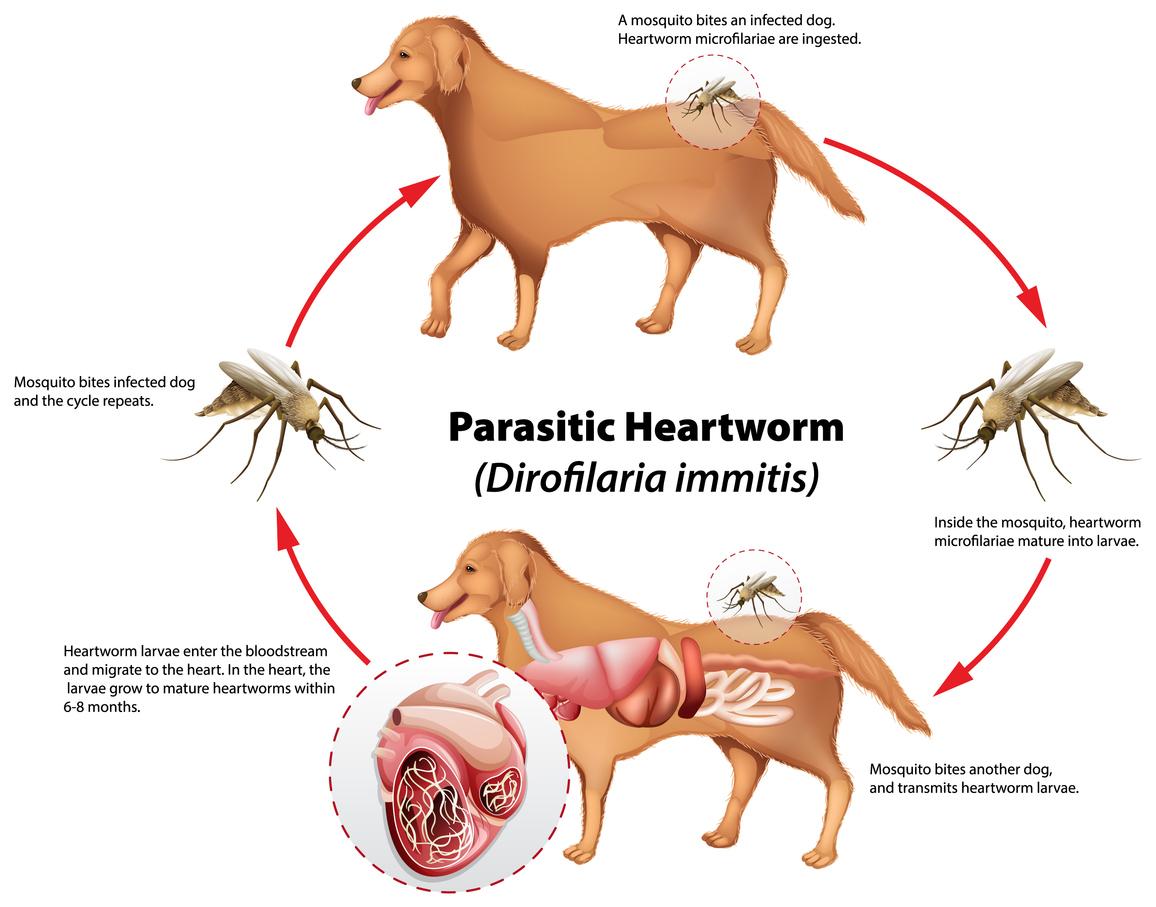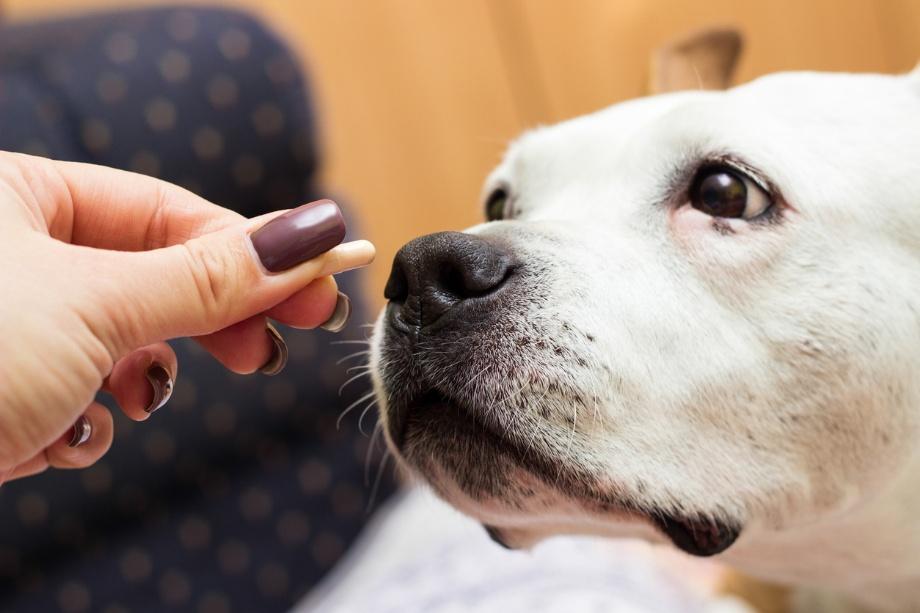When it comes to your pet’s health, one of the most powerful things you can do is prevent problems before they start. That is why heartworm prevention should be at the top of every pet owner’s priority list. At All Animal Veterinary Services, we believe in protecting your furry family members with proactive care, especially against serious threats like heartworm disease. This blog explains everything you need to know to keep your pets safe, healthy, and heartworm-free all year.
Understanding Heartworm Disease

Heartworm disease is a dangerous and potentially fatal condition caused by parasitic worms that live in pets’ heart, lungs, and blood vessels. It spreads through mosquito bites, making it a risk for indoor and outdoor pets.
When a mosquito carrying heartworm larvae bites your pet, the larvae enter the bloodstream. Over several months, they grow into adult worms, reaching up to 12 inches in length. These worms interfere with the normal function of the heart and lungs, leading to severe organ damage and if left untreated, death.
Dogs are the most common hosts, but heartworms can also affect cats and ferrets. While cats often have fewer worms, even a single worm can cause life-threatening complications.
Heartworm prevention is critical because the disease develops slowly, and symptoms often go unnoticed until advanced stages.
Recognizing the Signs
Heartworm disease can have subtle and delayed symptoms. These are the symptoms to watch out for, which can indicate your pet has heartworm disease:
In Dogs:
- Persistent cough
- Fatigue after activity
- Loss of appetite
- Weight loss
- Swollen belly due to fluid accumulation
In Cats:
- Coughing or asthma-like symptoms
- Vomiting
- Loss of appetite
- Difficulty walking, seizures, or sudden collapse in severe cases
In Ferrets:
- Weight loss and lack of appetite
- Hind leg paralysis
- Swollen abdomen
- Dark-colored urine
Contact All Animal Veterinary Services immediately if your pet displays any of these symptoms.
How Heartworm is Detected and Treated
Early detection makes a significant difference in successful treatment. Our veterinary team uses several tools to diagnose heartworm:
- Blood tests to detect heartworm proteins or larvae
- X-rays to assess lung and heart changes
- Ultrasound to visualize the heart and check for adult worms
Treating Dogs:
- Stabilization for pets with severe symptoms
- Medication injections and oral medication to kill adult heartworms and control symptoms
- Strict rest, addition testing and follow-up exams to monitor progress
Treating Cats and Ferrets:
Unfortunately, there is no approved drug to eliminate heartworms in cats or ferrets. Treatment focuses on managing symptoms through medication, oxygen therapy, and ongoing monitoring.
This is why heartworm prevention is safer, more affordable, and more effective than treatment.
Heartworm Prevention: Your Best Defense

The good news is that heartworm disease is nearly 100 percent preventable with consistent care. Here is how you can protect your pets:
Monthly Heartworm Preventive Medication
- Available as chewable tablets, topical treatments, or injections, these preventives stop larvae before they grow into adult worms. Our team will help you choose the best option for your pet.
Routine Veterinary Check-Ups
- Annual testing ensures your pet remains heartworm-free and that prevention is working effectively.
Mosquito Control
- Mosquitoes are the culprits behind transmission. Limit your pet’s exposure by eliminating standing water around your home and using pet-safe mosquito repellents.
At All Animal Veterinary Services, we recommend year-round heartworm prevention for every dog, cat, and ferret.
Why You Need a Prescription
According to the American Veterinary Medical Association (AVMA), heartworm prevention medications require a prescription to ensure they are safe and appropriate for your pet. Giving preventatives to a pet already infected with heartworms can cause severe reactions and will not eliminate adult worms. That is why annual testing is so important, even if your pet has never missed a dose.
Missing even one month of heartworm prevention can put your pet at serious risk. Consistency is everything.
Protect Your Pets Today with All Animal Veterinary Services
Do not wait until a mosquito bite puts your pet in danger. Heartworm prevention is one of the simplest and most effective ways to ensure your furry friend enjoys a long, healthy life. With trusted advice, tailored medications, and compassionate care, the team at All Animal Veterinary Services is here to help.
Make heartworm prevention a priority—schedule your pet’s check-up today, and let us help you keep those tails wagging and whiskers twitching for many years to come.
All Animal Veterinary Services
2264 NY-32
Modena, NY 12548
US State Rt 32
(845) 255-2900
[email protected]




